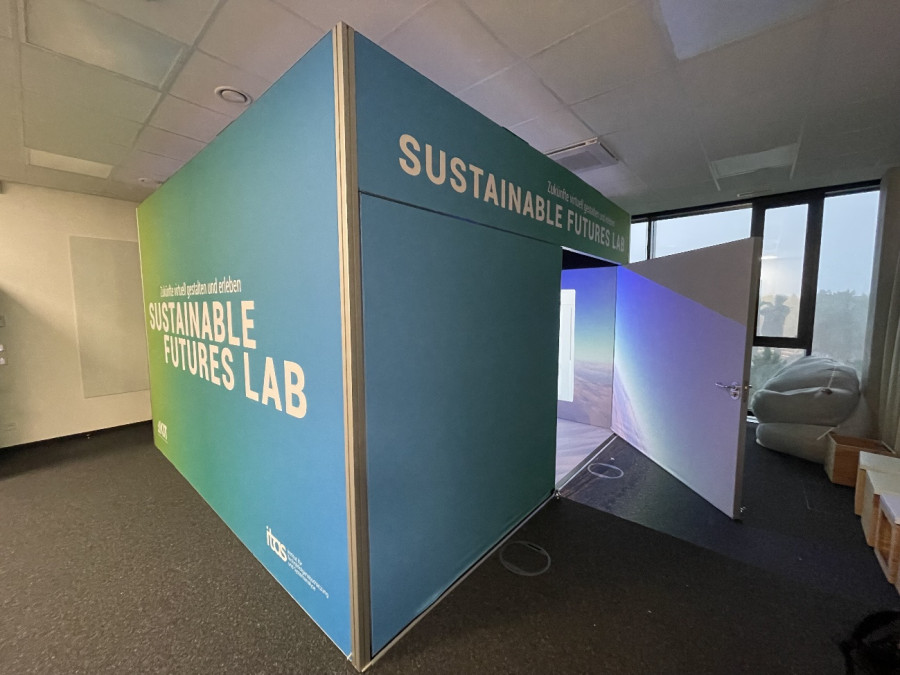By Prof. Dr. Luis Antonio Bojórquez Tapia
As sustainability challenges become more urgent and interconnected, the need grows for knowledge infrastructures that integrate cutting-edge technology with deep engagement in real-world contexts. My recent participation in a series of workshops and collaborative exchanges reaffirmed a crucial insight into the amplification processes of transdisciplinary (TD) research: the power of structured collaboration enabled by both (1) digital infrastructures and (2) human infrastructures.
At the heart of these exchanges was a shared recognition of the need for robust digital infrastructure to support TD research. For example, a well-designed, collaborative database of TD projects and experiments can serve as a cornerstone for amplifying impact and enabling cross-case learning. More than just a static repository, such a platform would actively facilitate knowledge transfer—making methodologies, lessons learned, and success stories visible and accessible across institutional and geographic boundaries. Achieving this requires shared vocabularies, consistent classification systems, and co-facilitated technological tools that can evolve in step with the communities of practice they serve. A case in point is the Sustainable Futures Lab, from the Institute for Technology Assessment and Systems Analysis (ITAS) – an innovative arrangement of technologies that supplements TD research approaches in real-world laboratories with virtual experiences and experiments.
Equally vital is the institutionalization of human infrastructure. A compelling example is the emerging role of Transdisciplinary Interface Managers (TIMs) – professionals who bridge disciplinary divides, navigate complex stakeholder landscapes, and help translate knowledge into practice. By embedding digital platforms and analytical tools into TIMs’ training programs, we can equip these key actors to adapt and scale solution-oriented approaches across diverse international contexts.
For institutions such as the National Autonomous University of Mexico, the University of Freiburg, and the Institute for Technology Assessment and Systems Analysis, these infrastructures present an opportunity to evolve into TD-hubs that not only generate actionable knowledge but also help shape multinational knowledge infrastructures for sustainability efforts. These initiatives position the participating institutions as strategic nodes within a growing global alliance of transformative partnerships in TD research.
As these conversations and collaborations continue to unfold, one thing is clear: the future of sustainability science depends not only on what we know, but on how we connect, share, and act together. By investing in both digital and human infrastructures, institutions can become catalysts for transdisciplinary amplification – building bridges across sectors, disciplines, and borders. The momentum is growing, and with it, a shared commitment to shaping more inclusive, adaptive, and impactful pathways toward sustainable futures.
More insights into Luis's work as part of his fellowship can be found here.

